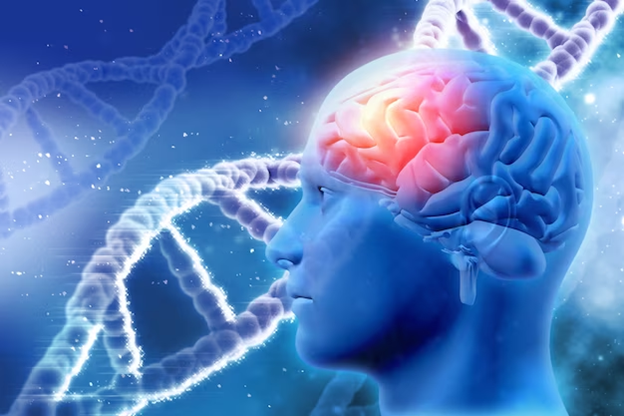Clinical Neurophysiology
Our Clinical Neurophysiology program is about a two-year program that prepares students to enter the field of clinical neurophysiology. The program provides students with the knowledge and skills necessary to perform a variety of neurodiagnostic tests, including electroencephalography (EEG), electromyography (EMG), and evoked potentials (EPs). For example, clinical Neurophysiology technologists signal to diagnose and monitor neurological disorders, such as epilepsy, sleep disorders, and neuromuscular diseases.
Graduates of the Clinical Neurophysiology program have a wide variety of career opportunities in the healthcare industry. They may work in hospitals, clinics, private practice, or research laboratories.

Diploma in Clinical Neurophysiology
NEUCLI 100: Introduction to Clinical Neurophysiology
ELECEN 100: Electroencephalography (EEG)
NEUANA 100: Neuroanatomy and Physiology
EMG 100: Electromyography (EMG)
EPOT 100: Evoked Potentials (EPs)
NEUPHA 100: Neuropharmacology
CLIEXP 100: Clinical Experience
SLPDIS 100: Sleep Disorders
MUSDIS 100: Neuromuscular Disorders
ADNEU 100: Advanced Neurodiagnostic Techniques
NEUCLIC 100: Clinical Experience
NEUPRO 100: Capstone Project
NEUTES 100: Preparation for the CNCT Exam
Trimester 3:
ATRADE 100: Global Trade in Agriculture Commodities
ATRADE 102: Commodity Trading Simulation
ARISK 102: Commodity Risk Assessment and Mitigation
AECON 102: Agribusiness Planning and Development
Trimester 4:
ACM 102: Commodity Futures and Options
AENVI 100: Environmental Sustainability in Agriculture Commodities
AMREG 102: Market Research and Analysis
ASTOR 100: Storage and Warehousing Management
ACPROJ 100: Agriculture Commodities Management Capstone Project
Students have to contact the school administration if they want to take extra credits or transfer credits to pursue the Diploma Certificate or Associate of Applied Science (A.A.S.) Degree in their field of interest. Students will select required number courses in each of the areas listed to meet general education requirements graduation for the A.A.S. Some of these courses can be transferred directly from and to the university system and may be substituted for recommended courses on the outline. Students should speak with an advisor before doing so these selective courses are required for all students.
- Selected Communication Course (Choose two for Diploma or three for the Associate)
ENGL 100: Fundamentals of Speech
CPL 100: Career Planning
CPL 101: Communications and Career Strategies
ENGL 101: Composition
ENGL 102: composition
- Selected Mathematics Course (Choose two for Diploma or three for the Associate)
MATH 100:General Math
MATH 101:Intermediate Algebra
MATH 102:College Algebra
- Selected Social Science Course (Choose two for Diploma or four for the Associate)
ECON 105:Leadership
ECON 101:Principles of Microeconomics I
ECON 102:Principles of Macroeconomics II
SOC 101:Introduction to Sociology
PSYC 101: Introduction to Psychology
HIST 101: History
